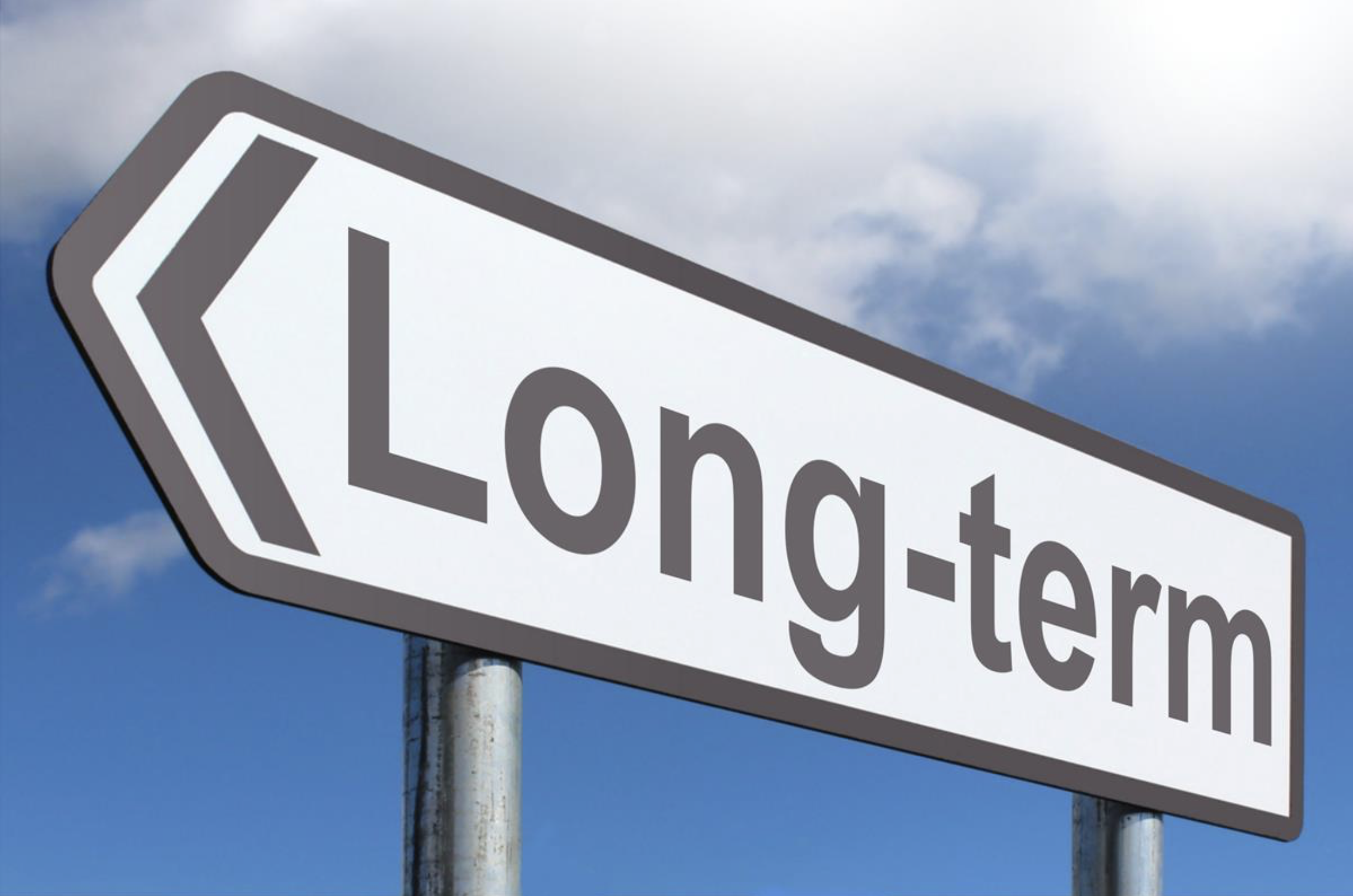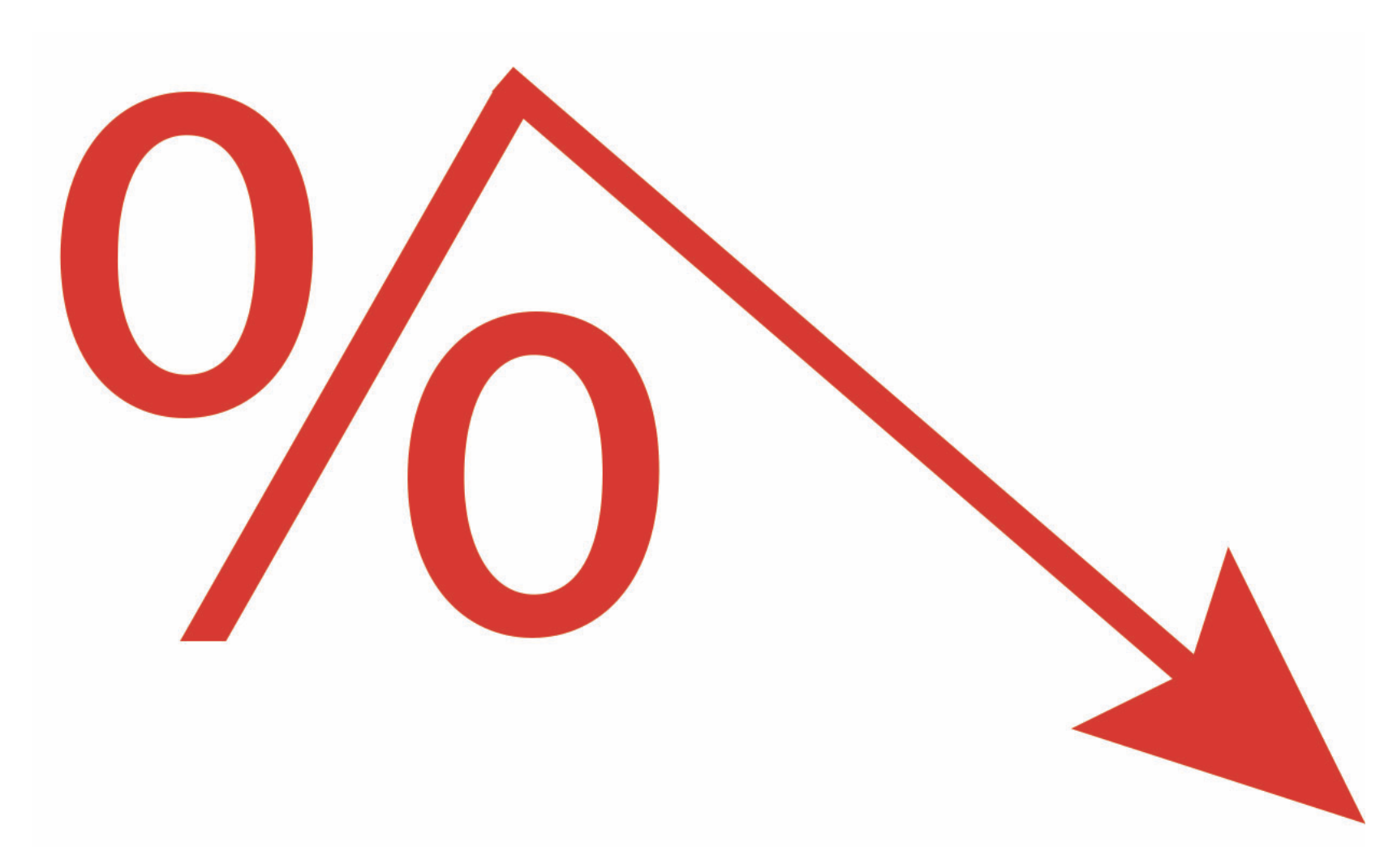 This article is for trust deed investing newbies. It's the actual mechanics of investing in first trust deeds. If you are already an experienced trust deed investor, you can skip this article and simply enjoy the joke below and the memes.
This article is for trust deed investing newbies. It's the actual mechanics of investing in first trust deeds. If you are already an experienced trust deed investor, you can skip this article and simply enjoy the joke below and the memes.
Joke Du Jour:
Just before our first long deployment, two Navy buddies and I were talking about the stress of leaving our families. A senior officer, a veteran of many deployments, overheard our conversation and offered the following advice, "You must be very sensitive to your wives' emotional needs," he said. "Never, ever, whistle while you pack!"
Two Ways to Invest in Trust Deeds:
You can either invest in a hard money mortgage fund, like a mutual fund, or you can invest directly in first trust deeds.

Investing in a hard money mortgage fund sounds perfect, right? You have your stock mutual fund, your bond fund, and now your new hard money mortgage fund, with the higher yield it offers.
Perfect - other than the fact that just about every hard money mortgage fund in history has failed horribly during the regular real estate crashes that seem to hit every ten to fourteen years.
The problem is that these hard money mortgage funds don't charge a loan servicing fee or a property management fee large enough to keep their doors open during real estate crashes, like the S&L Crisis, the Dot-Com Meltdown, the Great Recession, and the coming Cryptocurrency Crash or the coming Taiwan War Crash or the coming Water Shortage Crash or the coming Whatever Crash. Real estate has fallen by about 45% each time, and all the funds collapsed (essentially 100% of them), leaving the underlying subprime loan portfolios to shrivel. It was a bloodbath. More on this.
No hard money mortgage fund in existence today
was in existence before the Great Recession.
No fund survived the Dot-Com Meltdown.
No fund survived the S&L Crisis.
Get Out, Get Out, Get Out!
Before we get into fractionalized trust deed investing, please take some advice from a guy who has run his own hard money shop for 43 years. If some handsome, charming, earnest-seeming promotor has already convinced you to invest in his hard money mortgage fund, please ask him when his hard money mortgage fund was started.
When he tells you - and he will - that his fund started after the Great Recession, you must try to withdraw immediately. It's probably too late. Once it became clear that a recession was coming, the smart money lined up to withdraw 18 months ago. You'll go on a waiting list, but it's far from likely you'll get out in time. Sorry.
When a hard money mortgage funds fails, there
is no one to grind the borrowers or to foreclose.

Scared to Death Yet?
Don't be scared of first trust deeds. The truth is that many of the properties securing the subprime loans described above will recover to new highs in three to four four years. The problem is not the real estate. The problem is that the sponsors - the guys running these hard money funds - won't have enough income to keep their doors open and to protect your portfolio. And they make the same darned mistake before every crash.
The Actual Mechanics of Investing in Trust Deeds:
Okay, so what is the best way to invest in trust deeds then? Take $5,000 to $20,000 and invest it directly into a particular loan. In my opinion, the smaller the loan, the better. Investing this way is called investing in fractionalized trust deeds or crowdfunding.
The loan will be vested in your name, together with those of your co-investors. You'll have title insurance to that effect too.
Your hard money broker will have you send your dough either directly to his office or to an escrow or title company. There it will be assembled with the investment money of other folks. Together you will have enough money to make the particular loan. The loan itself could be anywhere from, say, a $100,000 loan on a rental house to, say, a $3 million loan on an apartment building.

Actual Mechanics Continued:
Your hard money broker will prepare the note, the mortgage, and the required borrower disclosures. The loan will be vested in your name, together with those of your co-investors, as to the undivided interest in the loan that each of you own. For example, you might own 7% of the loan. Once again, you will have title insurance to that effect.
The advantage of investing in fractionalized trust deeds is that you and your co-investors own the mortgage (!!), not the hard money mortgage company or some fund. This means that if a meteor lands on the office of your hard money broker, you're still good. In the event of such a meteor strike, you and your co-investors would have to find a new loan servicing agent to collect and distribute the payments on the loan, but you can easily find loan servicing companies or a nearby CPA on Google.
It may also reassure you to know that Blackburne & Sons has been in business for 43 years. We might even be the oldest surviving hard money shop in the country.
Even though the next recession may soon be here,
my own company's pension plan continues
to invest in small first trust deeds.

What Are Trust Deeds?
Trust deeds (or mortgages, depending on the state) are investments in a loan, secured by real estate, directly to the borrower. Rather than putting your money in the bank and having the bank make the real estate loan, private investors can actually make the loan directly.
The trust deed investment business is huge in California, and it has been around at least 80 years. Recent law changes now allow investors from every state to invest in trust deeds, as long as they are accredited investors. The good news is that you can earn 7% to 12% interest in first trust deeds. The bad news is that you, not the bank, take the loss if the loan goes bad.

Scary Disclosure Stuff:
Investing in first trust deeds involves substantial risk. A large and prolonged decline in real estate values is possible. Always maintain some liquidity. Foreclosed property always needs to be renovated. Before you invest with Blackburne & Sons, my own hard money shop, or any other reputable hard money outfit, you will be given a huge Offering Circular, which discloses many of the risks. Please be sure to read it, especially the Risk Factors section.









